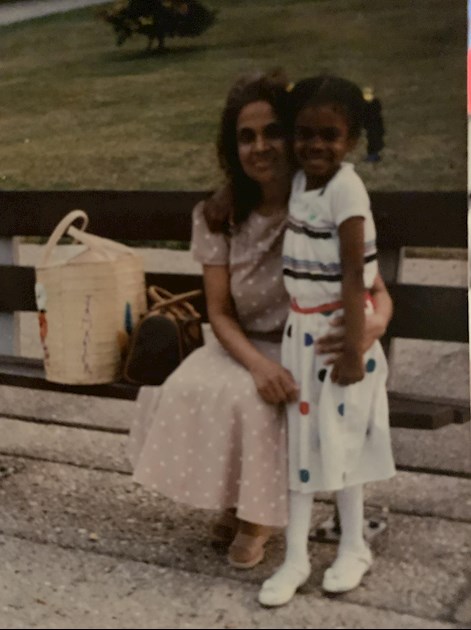Looking back at the picture I posted, I never thought my mom would do this.....
Narcissistic abuse
Repeated shaming and control, undermine the developing identify of a young girl, creating insecurity. She cannot trust her own feelings and impulses, and concludes that it’s her fault that her mother is displeased with her, unaware that her mother will never be satisfied. In severe cases of emotional or physical abuse or neglect, a daughter may feel she has no right to exist, is a burden to her mother, and should never have been born. If not also abusive, often husbands of narcissistic women are passive and don’t protect their daughters from maternal abuse. Some mothers lie and hide their abuse. A daughter doesn’t learn to protect and stand up for herself. She may feel defenseless or not even recognize mistreatment later in life.
Toxic shame
She rarely, if ever, feels accepted for just being herself. She must choose between sacrificing herself and losing her mother’s love–a pattern of self-denial and accommodation is replayed as codependency in adult relationships. Her real self is rejected, first by her mother, and then by herself. The consequence is internalized shame based on the belief that her real self is unlovable. How could she be worthy of love when her own mother didn’t love and accept her? Children are supposed to love their mothers, and vice versa! A daughter’s shame is compounded by anger or hatred toward her mother that she doesn’t understand. She believes it’s further evidence of her badness, and that all her mother’s criticisms must be true. Never feeling good enough her life is one of continual striving and lack of fulfillment. Since love must be earned, her adult relationships may repeat a cycle of abandonment.
Emotional unavailability
Emotional comfort and closeness that normal maternal tenderness and caring provide is absent. Narcissistic mothers may tend to their daughter’s physical needs, but leave her emotionally bereft. The daughter doesn’t realize what’s missing, but longs for warmth and understanding from her mother that she may experience with friends or relatives or witness in other mother-daughter relationships. She yearns for an elusive connection, felt fleetingly or never. She doesn’t learn to identify and value her emotional needs, nor know how to meet them. What remains is a sense that something is missing, and an inability to nurture and comfort herself. She may look to fill it in other relationships, but often the pattern of emotional unavailability is repeated.
Control
Parents with NPD are myopic. The world revolves around them. They control and manipulate their children’s needs, feelings, and choices when they can, and take it as a personal affront deserving of punishment when they can’t. Parenting is often, “My way or the highway.” Self-involvement leads some narcissistic mothers to focus only on themselves or their sons, and neglect or deprive their daughters.
Other mothers want their daughter to look and be her best “according to them,” but cripple their daughter in the process through criticism and control. Such mothers attempt to live through their daughter, who they see as an extension of themselves. They want her to dress and behave just as they do, and to choose boyfriends, hobbies, and work that they would choose. “For her own good,” they might forbid or criticize whatever their daughter likes or wants, undermine her ability to think for herself, to know what she wants, to choose for herself, and to pursue it. Their attention on their daughter is accompanied by their envy and expectations of gratitude, and compliance.
